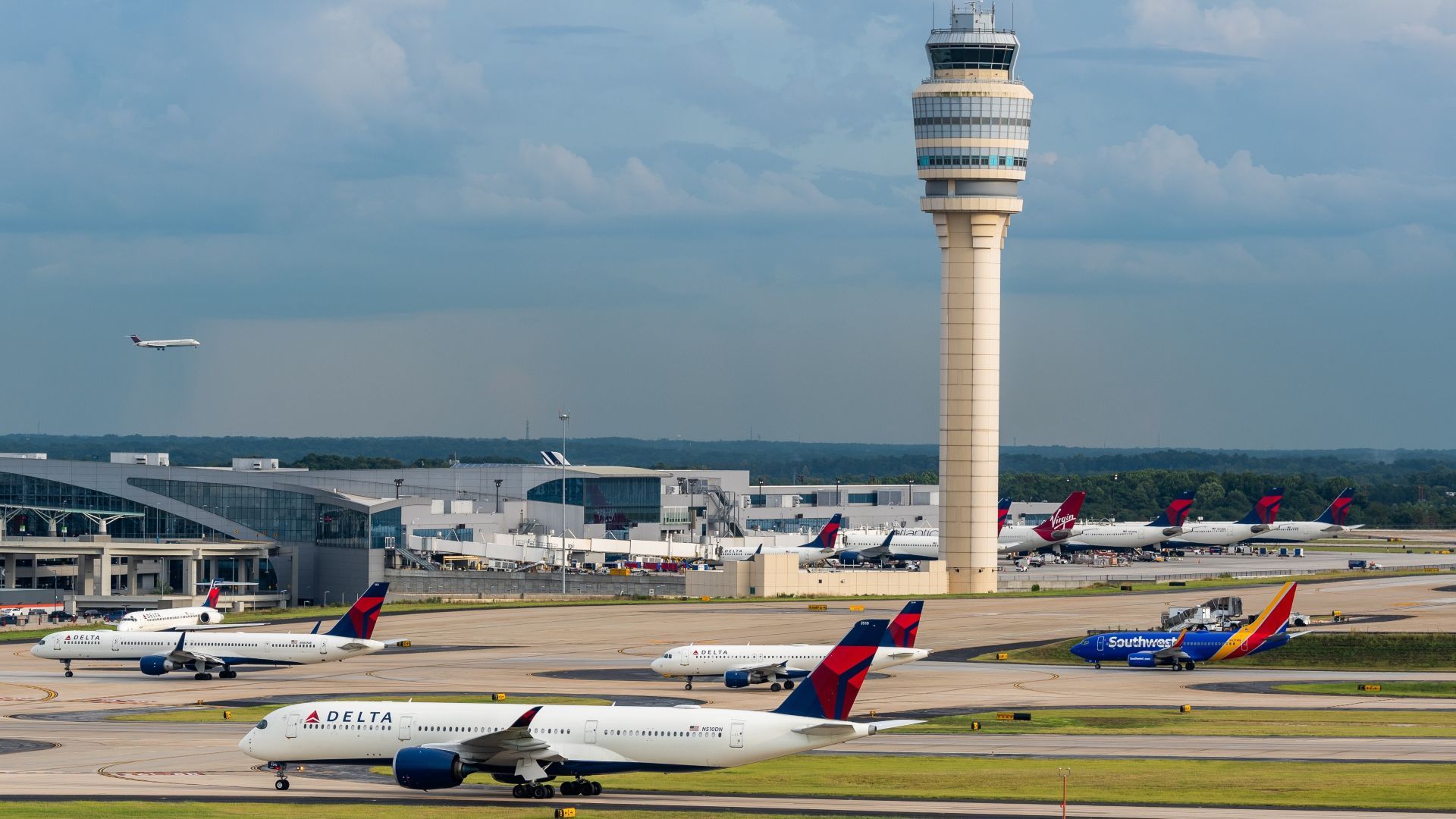A man was arrested on October 20, 2025, at Hartsfield-Jackson Atlanta International Airport after allegedly planning a mass shooting at one of the world’s busiest airports. The suspect, identified as Billy Joe Cagle, 49, from Cartersville, Georgia, was apprehended following a tip from his concerned family, who alerted local authorities about his intentions to carry out the attack using an assault rifle.
The coordinated response involved local police, who escalated security measures at the airport after receiving the information. Officers discovered an AR-15 assault rifle and 27 rounds of ammunition in Cagle’s pickup truck parked outside the terminal. He has been charged with multiple offenses, including making terroristic threats and possession of a firearm during the commission of a felony.
Details of the Incident
According to the Cartersville Police Department, Cagle had previously expressed violent intentions during a social media livestream, stating he would “shoot it up” at the airport. His family, alarmed by his behavior, decided to report him, prompting local law enforcement to take action. Surveillance footage captured Cagle entering the terminal, where he exhibited unusual interest in the Transportation Security Administration (TSA) check-in area, a typically crowded spot.
Upon questioning by officers, Cagle was arrested without incident. Authorities noted that the swift intervention prevented what could have been a tragic event. While no injuries were reported, the incident raises significant concerns regarding security at major transportation hubs.
Implications for Airport Security
The thwarted attack at Hartsfield-Jackson underscores the ongoing challenges faced by airports worldwide as they remain high-value targets for potential violence. The incident highlights the importance of community vigilance and intelligence sharing among law enforcement agencies. Major airports routinely coordinate with federal and local police to develop strategies aimed at preventing such threats.
In light of Cagle’s prior legal troubles, including a history of mental health issues and a felony conviction that prohibited him from legally owning firearms, questions arise about the effectiveness of current regulations. The success of this operation emphasizes the critical role of timely tips from the public in preventing potential tragedies.
As airports continue to prioritize safety, there may be a shift towards investing in advanced behavioral detection tactics. Enhancing the ability to identify suspicious activities early could lead to more effective interventions in the future.
The aftermath of this incident may influence public perceptions of safety at airports, necessitating clear communication from officials to reassure travelers. Authorities will likely focus on maintaining confidence among passengers while emphasizing the measures taken to ensure their security.





































































